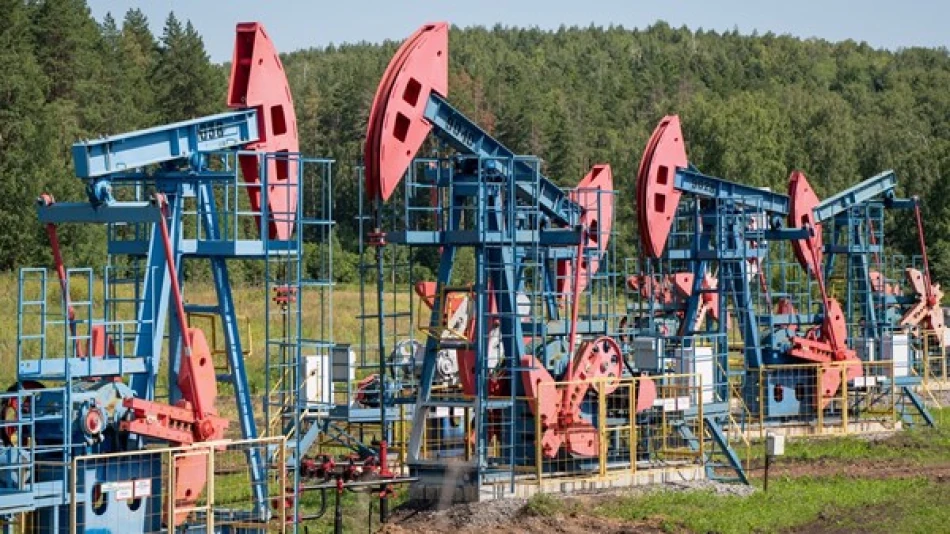
EU Imposes Sweeping Sanctions on Russia Amid Ukraine Crisis
EU Delivers Its Harshest Blow Yet to Russia's Energy Revenue with 18th Sanctions Package
The European Union has imposed its most severe sanctions package against Russia since the war in Ukraine began, targeting the country's critical oil export revenues through reduced price caps. This 18th round of economic penalties demonstrates Europe's unwavering commitment to financially isolating Moscow, despite internal resistance that nearly derailed the measures for weeks.
Slovakia's Strategic Reversal Unlocks Unanimous Support
The breakthrough came after Slovakia, heavily dependent on Russian energy supplies, dropped its opposition following intensive negotiations with Brussels. President Robert Fico, who had blocked the sanctions for weeks, ultimately agreed after receiving what he described as "guarantees" regarding future gas pricing arrangements.
Slovakia's capitulation highlights the delicate balance EU member states must strike between supporting Ukraine and protecting their own energy security. The country's reliance on Russian gas made it particularly vulnerable to supply disruptions, explaining Fico's initial resistance to measures that could further strain energy relations with Moscow.
Oil Price Caps: A Proven Strategy Gets Tougher
The centerpiece of this sanctions package involves lowering the price ceiling on Russian oil exports, building on the G7's existing price cap mechanism introduced in late 2022. This approach allows Russian oil to continue flowing to global markets while severely limiting Moscow's profit margins—a strategy designed to maintain energy stability while choking off war funding.
Previous price caps set at $60 per barrel for crude oil have already cost Russia billions in potential revenue. The new, lower ceiling represents a calculated escalation that could force Moscow to sell its oil at even steeper discounts, particularly to buyers in Asia who have become Russia's primary customers since Western sanctions began.
Market Implications and Global Energy Dynamics
For energy markets, this move signals continued pressure on Russian oil revenues without completely removing supply from global markets. Unlike outright embargoes, price caps allow oil to flow while redistributing profits away from Russia toward buyers and intermediaries.
The timing is strategically significant as global oil prices have stabilized compared to the volatile period following Russia's invasion of Ukraine. This stability provides the EU with room to tighten the screws on Russian revenues without triggering major supply shocks that could harm European economies already grappling with inflation.
European Unity Tested but Holding
The weeks-long delay caused by Slovakia's objections exposed the ongoing challenges of maintaining EU unity on Russia policy. However, the eventual unanimous approval demonstrates that European resolve remains intact nearly two years into the conflict.
Germany and France's enthusiastic endorsement of the package—with German Chancellor Friedrich Merz and French officials praising the "unprecedented" measures—reflects the continued alignment of major EU powers on maintaining pressure against Russia.
This latest sanctions round reinforces Europe's strategy of gradual economic strangulation rather than shock therapy, designed to steadily degrade Russia's capacity to fund its military operations while minimizing blowback on European economies. The approach has proven remarkably durable, suggesting that Western economic pressure on Russia will continue intensifying rather than plateauing as the conflict extends into its third year.
Most Viewed News

 Layla Al Mansoori
Layla Al Mansoori






